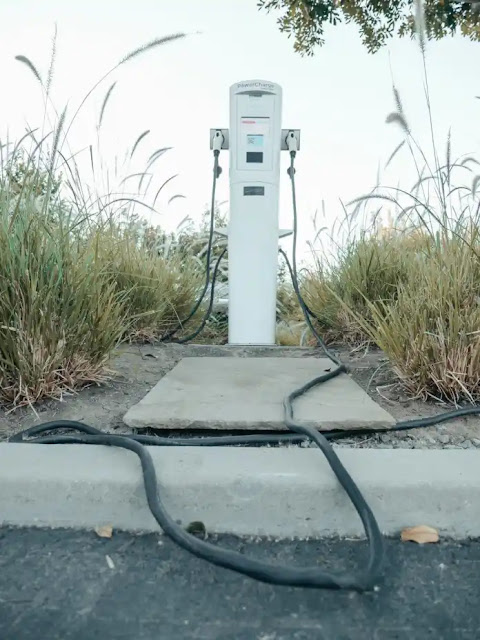Government issues guidelines for setting up ev charging infrastructure
The Ministry of Power has now issued a set of guidelines to develop EV charging infrastructure in the country.
The ministry's objectives behind this are to enable faster adoption of electric vehicles in India, promote an affordable tariff system for EV owners and operators of charging stations, generate employment and income opportunities for small business owners, support the creation of EV charging infrastructure and eventually create a market for this business. The government also wants to prepare electric distribution companies in a way that they can support this EV infrastructure.
The government has laid out a few rules to achieve these objectives. Private charging at homes or offices will be allowed. There will be no licensing required to set up a public charging station and any individual or entity is free to set up one if they follow the standards and guidelines put forth by the government. Anyone setting up stations will be provided electricity connectivity on a priority basis from the distribution company operating in that area. They can also source their electricity from any other generation company.
For setting up these public charging stations, a set of guidelines will have to be followed.
There will have to be three at least three fast charging points,
one each of the CCS(min 50 kW), CHAdeMO(min 50 kW) and Type 2 AC(min 22 kW) configuration.
They will also have to provide one charge Bharat DC-001 (15 kW) charge point and three charging points which supply Bharat AC-001 (10 kW).
There will also need to be adequate supporting civil infrastructure and public amenities. The operator will also have to tie up with a network service provider to let customer book charging slots online. These guidelines do not apply to private charging points and to captive charging infrastructure for a company's own fleet.
For charging stations which will cater to heavy duty and long-range EVs, at least two charging points capable of supplying 100 kW each of different specifications (CCS and CHAdeMO) are mandatory.
There will have to be at least one charging station within a 3km X 3km grid and one every 25 km on highways.
The tariffs that these organisations charge will be determined by an appropriate commission but cannot be more the 15 per cent of the average cost of supply.


